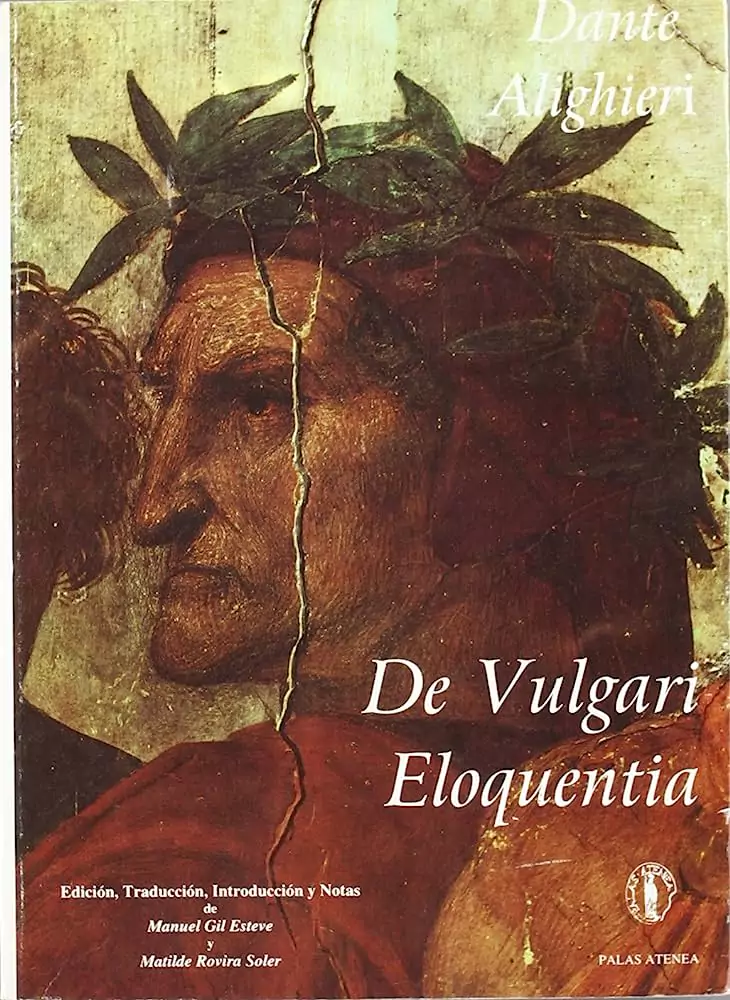
As the landscape of academia continues to evolve and diversify, prospective Ph.D. candidates often find themselves facing an array of complex and thought-provoking questions during their interviews.

✅ AI Essay Writer ✅ AI Detector ✅ Plagchecker ✅ Paraphraser
✅ Summarizer ✅ Citation Generator
Key takeaways:
- Academic writings can inspire and profoundly influence scholars in unexpected ways.
- From classic literature to social sciences, the works that inspire students are diverse.
- Academic writing often aids in developing new perspectives or affirming existing viewpoints.
- Inspiration can sometimes stem from opposing or ethically dubious works, triggering a stronger commitment to one’s academic goals.
As the landscape of academia continues to evolve and diversify, prospective Ph.D. candidates often find themselves facing an array of complex and thought-provoking questions during their interviews. An intriguing instance of such an interaction occurred when a Political Science Ph.D. candidate, whom we’ll call Sam, was asked a question that inspired introspection and an expansive discourse. He was asked during an interview,
“What piece of academic writing has inspired you, and why?”
While many may consider this question unexpected or even daunting, it was the spark that ignited an intellectual discussion on one of the social media channels. Sam brought this question to the community, seeking responses from other academics about the texts that have left indelible impressions on their intellectual journeys. A deluge of responses followed each unveiling a unique perspective and narrative about the transformative power of academic texts.
Reassessing Classics
Among the diverse responses, a prevalent theme was reevaluating recognized academic classics from a personal lens. This was beautifully captured by a user who delved into the powerful significance of Dante Alighieri’s “de vulgari eloquentia.” Known primarily as a poet, Alighieri was also a profound academic and social scientist. His argument for the written practice and respect of vernacular speech struck a chord with this user. They argued that the power of Alighieri’s work extended beyond its historical context and resonated deeply with current discussions on academic language accessibility.
“Here is a man venerated for his written use of the Florentine dialect and he’s roadmapping for us why this was important, not just to him, but to how we use language. What good is the academy if it uses inaccessible language?”
Alighieri’s advocacy for the common people’s language and its academic worth challenged their perspective, leading them to question the purpose of the academy and scholarly thought if it remains confined to the esoteric linguistic sphere.
The Transformative Power of Diverse Academic Writing
The discussion went beyond the canonical texts and delved into diverse realms of inspiration. One user shared an influential paper that posed a hypothetical question: could a biologist fix a radio? This paper offered an incisive critique of the limitations within well-established methodologies, showcasing how established practices can hinder progress in any field. This highlighted how sometimes, the most influential texts might not provide answers, but they prompt crucial questions about our accepted ways of thinking.
Other respondents discussed works that led to personal and intellectual transformations. For some, it was Judith Butler’s pioneering “Gender Trouble” that fundamentally rewired their brain. For others, texts like Michel Foucault’s “Discipline and Punish” resonated with their personal experiences, sparking fresh insights into everyday life. These revelations underscored the transformative power of academic writing examples, how they often serve as mirrors reflecting our lives and society, compelling us to reassess our established notions.
Interestingly, the discourse also brought forth narratives where inspiration stemmed from disagreement or controversy. One user recalled reading a paper that they deemed morally and ethically disgraceful.
Unconventional Inspiration
This piece had not only gained significant traction outside academia but also spread considerable misinformation. But rather than deter them, this paper inspired the user to reinforce their commitment to their work. They printed the paper’s title page and kept it on their desk as a constant reminder of the relevance of their efforts against such misleading narratives.
A different user emphasized a paper about developing orthography for the Darma language. The paper was unique in that it concluded without a definitive conclusion, marking a departure from the traditional expectations of academic writing.
This paper really showed me that real-life conclusions can be inconclusive and still informative and gave me kind of a model I can use with communities I hope to further work with.
The user appreciated the author’s neutrality in the face of community disagreements and saw the inconclusive conclusion as a source of inspiration, reflecting the complexities of real-life situations.
Final words
This discussion served as a testament to the transformative power of academic writing. Whether it’s canonical texts, thought experiments, controversial papers, or inconclusive conclusions, these writings serve as catalysts for change and inspiration. They do more than just inform or educate; they challenge perspectives, reshape intellectual landscapes, and motivate individuals to persevere in their pursuits. Above all, they remind us of academia’s critical role in our lives, shaping our thoughts, attitudes, and, ultimately, our actions in the world. Through Sam’s unexpected Ph.D. interview question, we glimpse the profound impact of academic writing, illuminating its capacity to inspire and transform lives.
Related stories:
The Power of Books, Blogs, and Courses to Enhance Your Understanding of Artificial Intelligence
Five Essential Books to Fortify Your Academic Writing Skills: A Guide by Mushtaq Bilal, Ph.D.
Words to Avoid in Academic Writing
Follow us on Reddit for more insights and updates.






Comments (0)
Welcome to A*Help comments!
We’re all about debate and discussion at A*Help.
We value the diverse opinions of users, so you may find points of view that you don’t agree with. And that’s cool. However, there are certain things we’re not OK with: attempts to manipulate our data in any way, for example, or the posting of discriminative, offensive, hateful, or disparaging material.